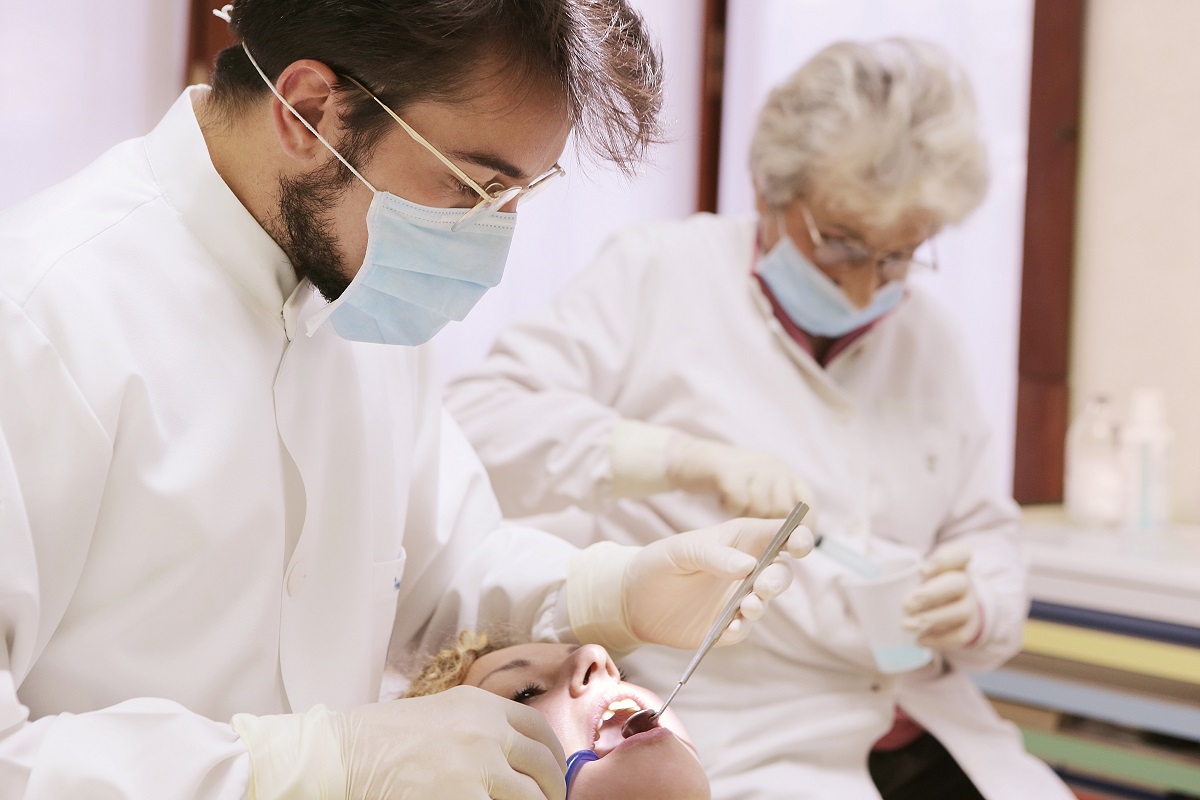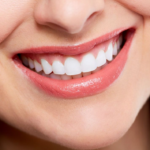As a parent or guardian, the safety and well-being of your child are always your top priority. While most parents prepare for the usual bumps and bruises, dental emergencies are often unexpected and can be quite distressing. Children’s active lifestyles can lead to accidents and injuries that may affect their teeth and gums. Knowing how to handle dental emergencies promptly and effectively is crucial to minimizing pain, preventing further damage, and ensuring your child’s dental health is not compromised. In this blog, we’ll explore common dental accidents among children and provide essential guidelines on how to handle them.
Emergency dentistry is a specific line of work, and not all dentists offer emergency appointments. Remember to look for an emergency dentist near you.
Knocked-Out Tooth
One of the most alarming dental emergencies is a knocked-out tooth. Whether it happens during sports, playtime, or a fall, the first few minutes after the incident are critical. If your child loses a tooth due to trauma, follow these steps:
- Stay calm and reassure your child to keep them calm as well.
- Find the knocked-out tooth and hold it by the crown, avoiding touching the root.
- If the tooth is dirty, rinse it gently with milk or saline solution (do not use water).
- Try to reinsert the tooth into the socket if possible. If not, store it in a container with milk or your child’s saliva to keep it moist dentist near me.
- Visit the dentist immediately; the chances of reattaching the tooth are higher if handled within the first hour.
Chipped or Fractured Tooth
Chipped or fractured teeth can be painful and may lead to further complications if not addressed promptly. If your child experiences a chipped tooth, follow these steps:
- Rinse your child’s mouth with warm water to clean the area.
- Apply a cold compress on the cheek or lips to reduce swelling.
- Save any broken tooth fragments.
- Visit the dentist as soon as possible to assess the damage and determine the appropriate treatment.
Toothache
A toothache can be a sign of various dental issues, such as cavities, infections, or gum problems. When your child complains of a toothache:
- Gently floss around the affected tooth to ensure there are no food particles causing discomfort.
- Rinse the mouth with warm saltwater to reduce inflammation.
- Refrain from placing aspirin or any other pain reliever directly on the gum or tooth, as it can cause burns.
- Visit the dentist promptly to identify the cause of the toothache and initiate appropriate treatment.
Objects Stuck Between Teeth
Children are
notorious for putting objects where they don’t belong, and sometimes small items can get lodged between their teeth. If this happens:
- Try to remove the object gently using dental floss. Be careful not to cause any additional damage or push the object further in.
- If you cannot remove the object, consult your child’s dentist for assistance.
Soft Tissue Injuries
Injuries to the tongue, lips, or cheeks can result from falls or accidents. To manage soft tissue injuries:
- Gently clean the injured area with water.
- Apply a cold compress to reduce swelling and alleviate pain.
- If bleeding is excessive or doesn’t stop after a while, seek medical attention.
Prevention is Key
While accidents can happen unexpectedly, taking preventive measures can significantly reduce the risk of dental emergencies:
- Ensure your child wears a mouthguard during sports and physical activities.
- Encourage a balanced diet that promotes dental health and limits sugary snacks.
- Supervise your child during playtime to avoid potential hazards.
- Regularly visit the dentist for check-ups and cleanings.
Conclusion
Handling dental emergencies for children requires quick thinking and prompt action. By staying calm, following the appropriate steps, and seeking professional help as soon as possible, you can ensure your child’s dental health remains intact even in the face of unexpected accidents. Additionally, fostering good dental hygiene habits and preventive measures can reduce the likelihood of dental emergencies, providing your child with a lifetime of healthy smiles. Remember, when in doubt, always consult a dental professional for expert guidance and care dentist Simi Valley.












